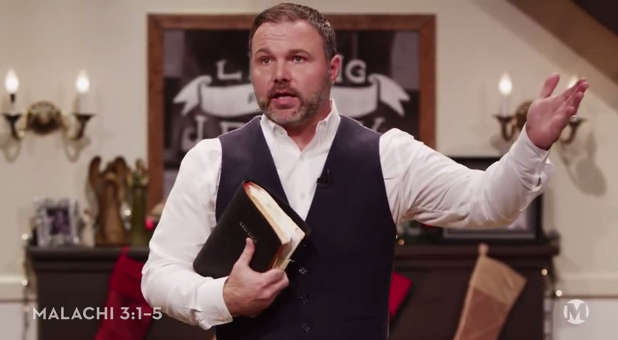According to some reports, the aftermath of the resignation of Pastor Mark Driscoll as the lead pastor of Mars Hill Church in Seattle has resulted in losing about half of their 14,000 attendees. This will not only result in closing church campuses and laying off much of the staff—but, (in the opinion of some) could also result in the church declaring bankruptcy (I pray and hope not!).
There are not only lessons we can all learn as individuals, but more importantly, churches should take heed to how a church can implode so easily based on the behavior of their key leader.
The following are seven lessons all churches can learn.
(Two of the following points are ideas I received from a conversation with a pastor friend of mine whom I will leave nameless)
1. Every lead pastor needs both internal and external accountability. It seems as though there was a lack of real accountability, both from the church board of elders and from the outside. This is the reason why Dr. Paul Tripp, one of the key outside accountability leaders for the church, resigned.
In my opinion, every lead pastor needs to be accountable internally to the board of elders for both the spiritual and financial issues of the church. Also, a lead pastor should always attempt to function with the consensus of both the elders and trustees, especially when it comes to major financial decisions. Furthermore, every lead pastor needs at least one extra-local leader to be their overseer to hold them accountable for matters related to their personal life and family. It is very difficult, awkward and often not practical for in-house leaders to serve in that role in most cases. (It is hard for those a lead pastor has nurtured into eldership to be able to speak into the personal life of their overseer and shepherd. Thus, every shepherd needs an outside voice to be their shepherd.)
2. Church elders need an apostolic overseer to appeal to in case of an impasse.
Often, church elders have no one to look to when they reach an impasse with the lead pastor; this is often why they vote with their feet and resign and/or cause division and attempt to start another church. Every church eldership needs to have a person they can appeal to if the elders and lead pastor hit a major wall regarding the governance of the church or personal issues with said lead pastor. This is why I am a major proponent of having an “apostolic church” template in which every local church is overseen by a lead pastor who is also submitted to an apostolic leader or bishop who oversees other associated congregations. This is the New Testament pattern and is much better than leaving congregations and leaders all by themselves.
See an error in this article?
To contact us or to submit an article





















